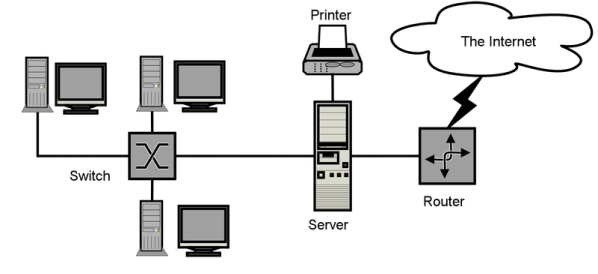 6 Terms
6 TermsHome > Terms > Armenian (HY) > ռացիոնալ սպասումներ
ռացիոնալ սպասումներ
How some economists believe that people think about the future. Nobody can predict the future perfectly; but rational expectations theory assumes that, over time, unexpected events (shocks) will cancel out each other and that on average people’s expectations about the future will be accurate. This is because they form their expectations on a rational basis, using all the information available to them optimally, and learn from their mistakes. This is in contrast to other theories of how people look ahead, such as adaptive expectations, in which people base their predictions on past trends and changes in trends, and behavioral economics, which assumes that expectations are somewhat irrational as a result of psychological biases. The theory of rational expectations, for which Robert Lucas won the Nobel prize for economics, initially became popular with monetarists because it seemed to prove that Keynesian policies of demand management would fail. With rational expectations, people learn to anticipate government policy changes and act accordingly; since macroeconomic fine tuning requires that governments be able to fool people, this implies that it is usually futile. Subsequently, this conclusion has been challenged. However, rational and near-rational expectations have become part of the mainstream of economic thought.
- Vārdšķira: noun
- Sinonīms(-i):
- Blossary:
- Nozare/domēns: Economy
- Category: Economics
- Company: The Economist
- Produkts:
- Akronīmi un saīsinājumi:
Citas valodas:
Ko vēlaties pateikt?
Terms in the News
Featured Terms
համակարգիչների ցանց
համակարգչային սարքավորումների փոխկապակցված համակարգ,որը տալիս է տեղեկության համօգտագործման հնարավորություն:
Līdzstrādnieks
Featured blossaries
Browers Terms By Category
- Biochemistry(4818)
- Molecular biology(4701)
- Microbiology(1476)
- Ecology(1425)
- Toxicology(1415)
- Cell biology(1236)
Biology(22133) Terms
- Legal documentation(5)
- Technical publications(1)
- Marketing documentation(1)
Documentation(7) Terms
- World history(1480)
- Israeli history(1427)
- American history(1149)
- Medieval(467)
- Nazi Germany(442)
- Egyptian history(242)
History(6037) Terms
- Cosmetics(80)
Cosmetics & skin care(80) Terms
- Action toys(4)
- Skill toys(3)
- Animals & stuffed toys(2)
- Educational toys(1)
- Baby toys(1)




